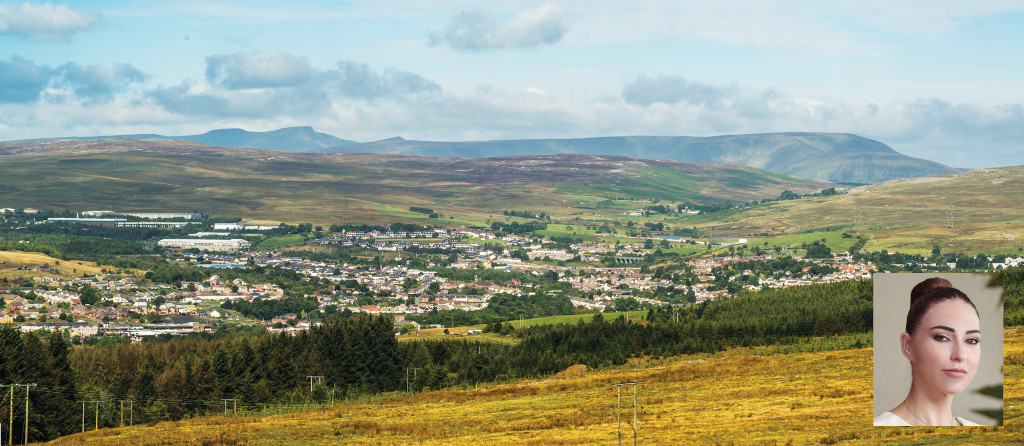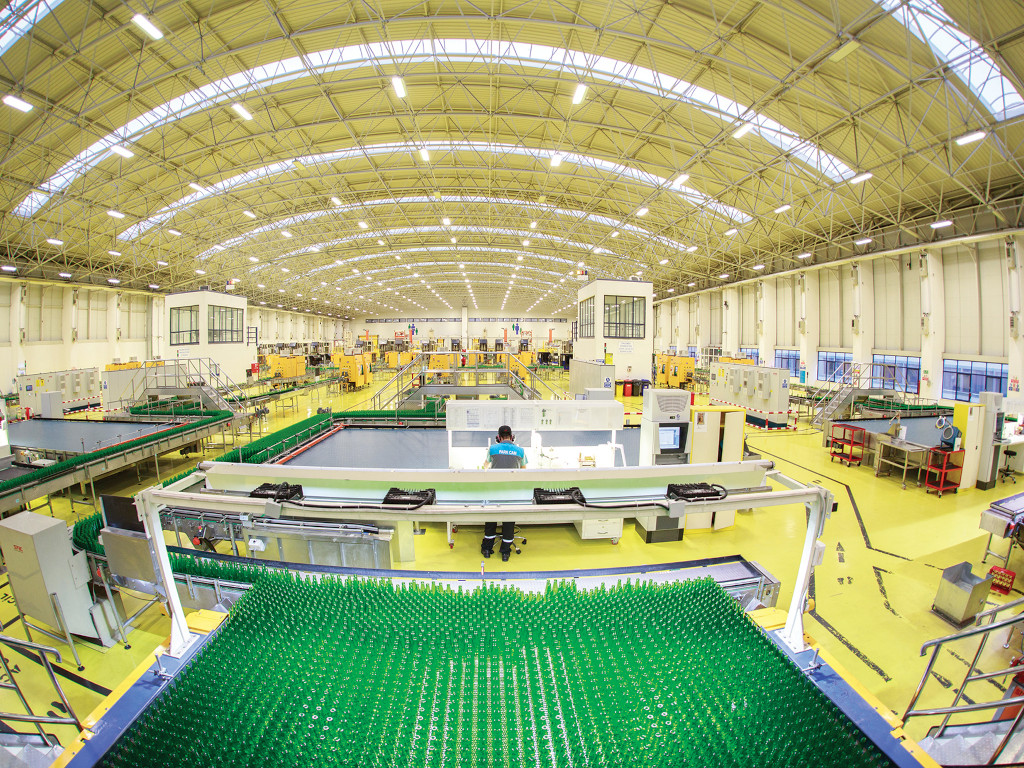GW: What is the motivation for the Ciner Glass Group to expand its glassmaking operations beyond Turkey?
We are planning to expand our current business operations into European markets where the demand for glass bottles is increasing. I am confident that the recovery from the pandemic in developed markets we are already seeing will only continue to grow in scale and speed, although the decision to expand our glass production from Turkey across Europe was taken before the onset of the Covid-19 pandemic.
At the same time, our existing operations in Turkey are also being expanded. Park Cam is already Turkey’s second largest glass producer and has built an extensive network of domestic and international customers.
GW: How is the investment into Europe being structured?
The headquarters of our new European glass business is in London. Ciner Glass is 100% owned by the Ciner Group and the assets and capital for our European investments will be directed through our UK operations. The group’s existing track record of success helps provide strong and stable foundations for this investment. Our aim is to have secured agreements with customers in advance which will account for at least half of our increased proposed production capacity.
Our aim has never been to disrupt local markets. We estimate that in Europe imports of container glass into the region have been increasing by 15–20% year on year since 2018. In fact in Turkey, our production has helped to reduce glass container imports into the country.
The pandemic has only temporarily served to slow that trend, but as levels of normal activity return in the coming months, we expect to see both a significant increase in demand in a very short period and a shortage of capacity. In our judgement, this is the right time to expand our operations in Europe.
GW: What feedback and commitments have you received from potential customers for the expansion into Europe and how involved have they been in the process?
As reported at the time in our previous interview with Glass Worldwide [September/October 2015], we finished our second furnace at the state-of-the-art Park Cam plant in Bozuyuk in 2015 as the Turkish market was growing very quickly.
Our high quality standards and technological expertise have enabled us to produce bottles for the Turkish domestic market which are at least 5% lighter compared to other container glass producers.
This achievement brought us to the attention of global brands. In 2018 we engaged with one of the biggest global beer producers in Turkey interested in using our light-weight technology. Over a period of 12 months we managed to reduce the weight of their 330ml long-neck beer bottle from 200 grams to 180 grams, making it the lightest 330ml long-neck beer bottle on the market available anywhere in the world.
So, with our products in such demand from customers, the best solution to the logistical and operational challenges of supplying European markets was to look at constructing greenfield plants in Europe.
Our innovative technology can produce glass more efficiently while reducing transportation costs and cut CO2 emissions. Currently, we are exploring the potential of investing in two different European locations which could be in Belgium and also potentially in the UK.
GW: What can you tell us about the proposed greenfield investment in Belgium?
We have signed an option agreement to purchase land in Lommel in the province of Limburg. We have applied for construction and environmental permits and the Belgian government has been very supportive. Located nearby is one of the major silica sand quarries in Europe which helps again to reduce our CO2 emissions.
Our main intention will be to supply glass bottles to the beer and wine markets. We are considering the construction of a state-of-the-art plant with two furnaces. Currently, the food and beverage industry in the region has to import bottles in large quantities. This potential largescale production will offer advantages both in terms of supply and cost. It is envisaged that the Belgian plant would provide technical support and assistance for the entire group. A fully electric furnace producing up to 80–100 tonnes of glass a day would be constructed to focus on R&D development.
From the outset in Belgium, our team will target carbon neutral production and are already hard at work on a roadmap to reach that goal. Even if it is not achievable immediately, we commit to taking the necessary measures within the shortest time possible. The proposed plant will have the advantage of being located in Europe’s biggest solar park with at least 100 megawatts of renewable energy readily available.



